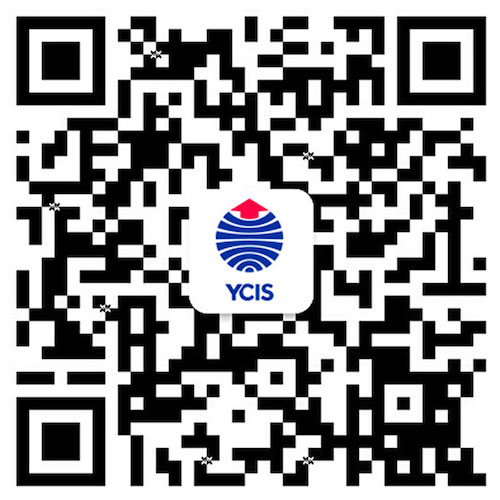Go Back
News
News
A Close Look at YCIS ECE Programme
News
22 Nov, 2019
10 : 00
Children learn through first-hand experiential activities with the serious business of ‘play’ providing the vehicle. Through their play children practise and consolidate their learning, play with ideas, experiment, take risks, solve problems, and make decisions.
At YCIS, in order to provide high-quality experiences for our young children, we provide a balance of adult-directed and child-initiated activities, along with child-initiated activities that are then picked up on and supported by an adult – these are opportunities for ‘sustained shared thinking’ to take place.
How do our teachers support the learning?
The role of the teacher in child-initiated learning is to:
- organise the physical environment so children have access to a wide range of interesting open-ended resources to explore and investigate imaginatively
- develop an emotional environment where children feel safe to share their thoughts and ideas and try things out without being afraid that they might ‘get things wrong’
- manage the routine of the day to make sure that children have time to follow their own ideas and develop their self-initiated play
- teach children the practical skills they need to handle tools and equipment safely
- help children to develop the social skills and dispositions they need to cooperate with others and work as part of a team
- observe and document children’s learning and use this information to plan what sort of opportunities and experiences to offer children next to deepen their understanding.
What resources and materials will your child use to support their learning?
To support child-initiated learning the following resources (plus many more) are provided to develop interesting open-ended resources for children to explore and use.
- natural materials such as sand and water.
- wood, shells, polished stones, leaves, cones, and seed pods are provided along with high-quality magnifiers to encourage children to look closely and ask questions.
- cardboard tubes, lengths of fabric and ribbon, coloured bottle tops, large buttons, plastic offcuts, pieces of leather, small containers are available to develop their creative ideas.
- bikes, scooters, opportunities to climb and jump will be used to develop gross motor skills and further support their physical development.
- Paint brushes, tweezers, hammers and drills will be used to develop fine motor skills.
Why is developing the children’s independence so important?
One of the key skills for life that we want to empower our children within ECE is independence, both in relation to their actions and their thinking. To become independent, children have to be confident in their own abilities otherwise they will remain over-reliant on the support of other adults or their more confident peers. Their confidence grows through opportunities to try new things in a safe and supportive environment with lots of positive reinforcement for their success and strategies to support any failures they may have along the way. Young children are on the whole very resourceful and very resilient, and when left to their own devices or given opportunities to be independent they can often surprise us.
Within ECE the teachers are creating an environment and planning activities that are teaching children fundamental skills and giving them opportunities to put those skills into practice on their own, too. This might involve something as simple as filling a paint pot or as complicated as making bread. Both, and much more, are possible because the teachers are providing the right environment and giving the children an opportunity to have a go for themselves.
















